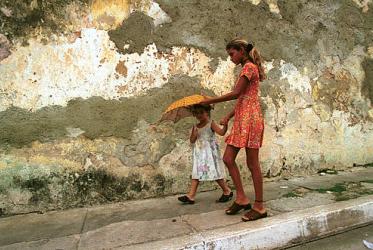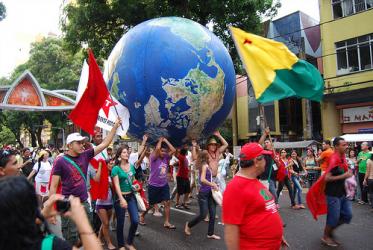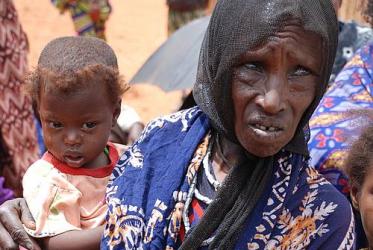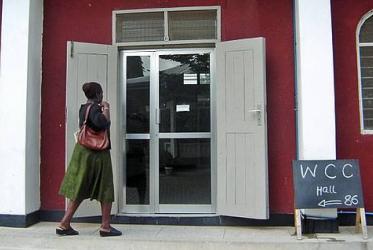Displaying 861 - 880 of 883
Global finances can and must change - here's how
12 February 2009
Migrants, too, have human rights
01 December 2008
Global economy needs radical changes, WCC team says
28 November 2008
Global food crisis has a spiritual dimension, says Kobia
24 November 2008
Food price crisis: What does it mean? What can we do about it?
19 November 2008
Wars in Sierra Leone and Liberia are over, peace-building is not
12 November 2008
Neoliberalism in retreat says ecumenical consultation
20 October 2008
Mental health is a community issue
10 October 2008
WCC executive committee meets and approves budget and statements
30 September 2008













